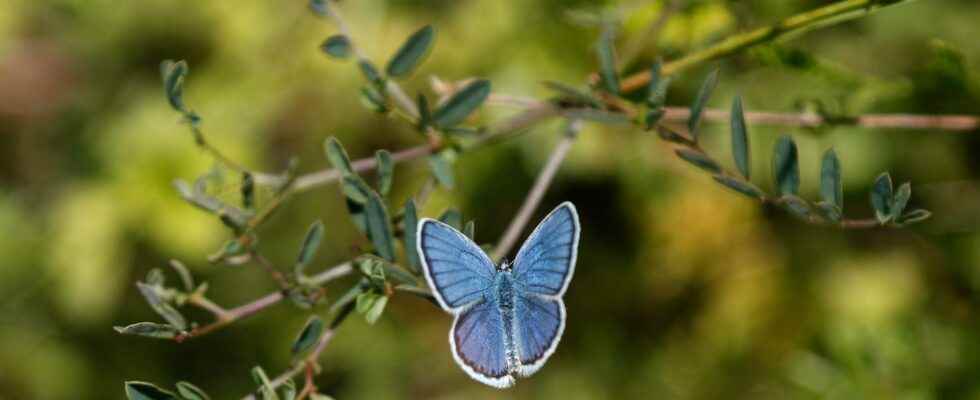Published: Less than 30 min ago
Updated: Just now
It is not possible to reach the climate goals without protecting nature and the earth’s species. That call now comes from some of the minds behind the Paris Agreement, which calls for an ambitious “sister agreement” for nature.
At the same time as the climate conference COP27 is in full swing in Egypt, the UN summit on biodiversity is approaching in Canada. It is hoped that the meeting will lead to a new framework agreement for biodiversity to protect ecosystems and endangered species worldwide.
The background is that animal and plant species are dying out at a faster rate than in millions of years and scientists warn that a sixth mass extinction, caused by humans, is already here.
“Only through urgent action to reverse the loss of nature in this decade, while continuing to increase efforts to rapidly reduce carbon dioxide emissions, do we have a chance of reaching our pledges in the Paris Agreement.” This is highlighted by a number of top politicians in a call that was presented on Wednesday at COP27, where the theme of the day is precisely biodiversity.
Two crises are connected
Behind the signatories are several people who played key roles when the Paris Agreement saw the light of day, including Laurent Fabius who chaired the climate meeting in the French capital in 2015.
The appeal highlights how closely the climate is connected with biological diversity, that is, the variation between and within species and habitats on earth.
The loss of species and ecosystems impairs nature’s ability both to adapt to a warmer world and to contribute to mitigating climate change. For example, forests act as both important habitats for many species and as natural carbon sinks that help keep carbon dioxide out of the atmosphere.
“Not to be missed”
But as the forests become more and more species-poor, their ability to absorb climate-damaging carbon dioxide emissions deteriorates.
“To be clear: achieving net zero emissions by 2050 is only possible if we also act now to create a society that is positive for nature” is written in the appeal, where the countries of the world are asked to set the upcoming UN meeting on biodiversity, COP15, high on the agenda.
The meeting that was originally supposed to take place in China has been postponed several times and is now being held in Montreal, Canada from December 7-19.
It will be an “unprecedented opportunity” for the world to reverse the trend of loss of nature, according to the call:
“We cannot afford to miss it. Bold leadership is required,” they write.
